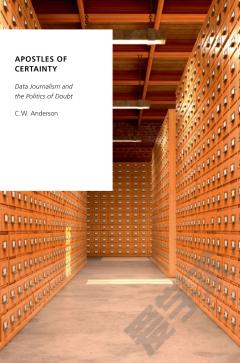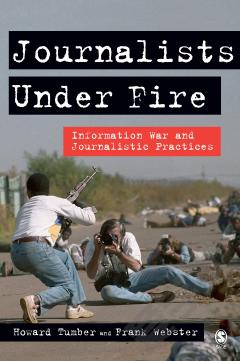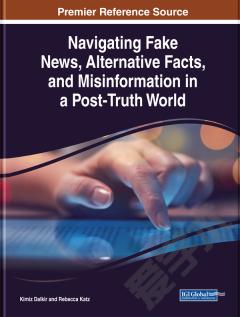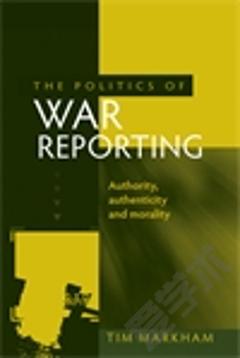Research Anthology on Fake News, Political Warfare, and Combatting the Spread of Misinformation
There has been a noticeable shift in the way the news is accessed and consumed, and most importantly, the rise of fake news has become a common occurrence in the media. With news becoming more accessible as technology advances, fake news can spread rapidly and successfully through social media, television, websites, and other online sources, as well as through the traditional types of newscasting. The spread of misinformation when left unchecked can turn fiction into fact and result in a mass misconception of the truth that shapes opinions, creates false narratives, and impacts multiple facets of society in potentially detrimental ways. With the rise of fake news comes the need for research on the ways to alleviate the effects and prevent the spread of misinformation. These tools, technologies, and theories for identifying and mitigating the effects of fake news are a current research topic that is essential for maintaining the integrity of the media and providing those who consume it with accurate, fact-based information. The Research Anthology on Fake News, Political Warfare, and Combatting the Spread of Misinformation contains hand-selected, previously published research that informs its audience with an advanced understanding of fake news, how it spreads, its negative effects, and the current solutions being investigated. The chapters within also contain a focus on the use of alternative facts for pushing political agendas and as a way of conducting political warfare. While highlighting topics such as the basics of fake news, media literacy, the implications of misinformation in political warfare, detection methods, and both technological and human automated solutions, this book is ideally intended for practitioners, stakeholders, researchers, academicians, and students interested in the current surge of fake news, the means of reducing its effects, and how to improve the future outlook.
{{comment.content}}








 京公网安备 11010802027623号
京公网安备 11010802027623号